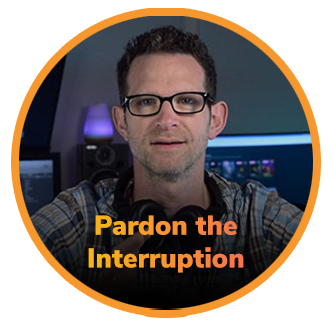Writing dialogue for a script:
Every script is different, every writer is different, but it can kill your script in seconds when it comes to poorly written dialogue. You want to craft well written, succinct dialogue that brings your scenes to life and helps bring special moments to the forefront.
Well-written dialogue is essential (unless you’re making a silent film). The dialogue shapes your script, and you use this to convey the story and pair up the emotion and visuals to sculpt an award-winning film.
In today’s article, we will look at how to write great dialogue and the top tips to ensure your writing top quality dialogue that brings your scenes to life.
Let’s check them out.
Top tips for writing quality dialogue in your next script
Here we will look at the top tips for writing quality dialogue in your next script. These will help you level up on your dialogue and ensure you write captivating scenes.
Keep it short and direct.
Precision is key to writing great dialogue. You do not want to waffle on too much as you’ll lose the audience. You want to keep it short and to the point.
Make every word mean something to the audience; don’t leave room for confusion. There’s always the potential that you’ll lose the audience if your characters are having long-winded meaningless chats.
It gives them time to slip away from the story and become a hindrance. The audience may miss important lines that add confliction and raise the stakes but are buried in a sea of words.
Conflict is gold
Conflict is an incredibly important part of the dialogue. Constantly, humans are involved in a conflict in one way or another, not as extreme as to arch enemies going at it. But even the smallest of things – for instance, is it milk before the tea bag or after?
This will keep the reader hooked. They’ll be able to relate on some level, and it raises the stakes in the film. It doesn’t have to be in every piece of dialogue, but ensure you include some form of conflict, or the story will stagnate. You need it to add to the film’s dimension and help you progress through your stories arch.
You must understand how your characters speak.
When developing your characters, you’ll build out their profile, where they were born and their upbringing. You will have a clear idea of how they were brought up.
Make sure you include this when writing dialogue. Ensure they speak in the same way they were brought up. It’s quite a small point, but it has a huge impact on the film.
Make sure you craft their accent and tailor it to their background. Shakespeare did this perfectly. It will help you add even more depth to the character and avoid confusing the audience with the wrong accent.
—-
We hope you enjoyed this article and don’t miss out on any of our other blogs! Sign up to Filmstro and follow us on Twitter, Facebook and subscribe to our Youtube channel.
Check out our royalty-free music today by clicking here.









